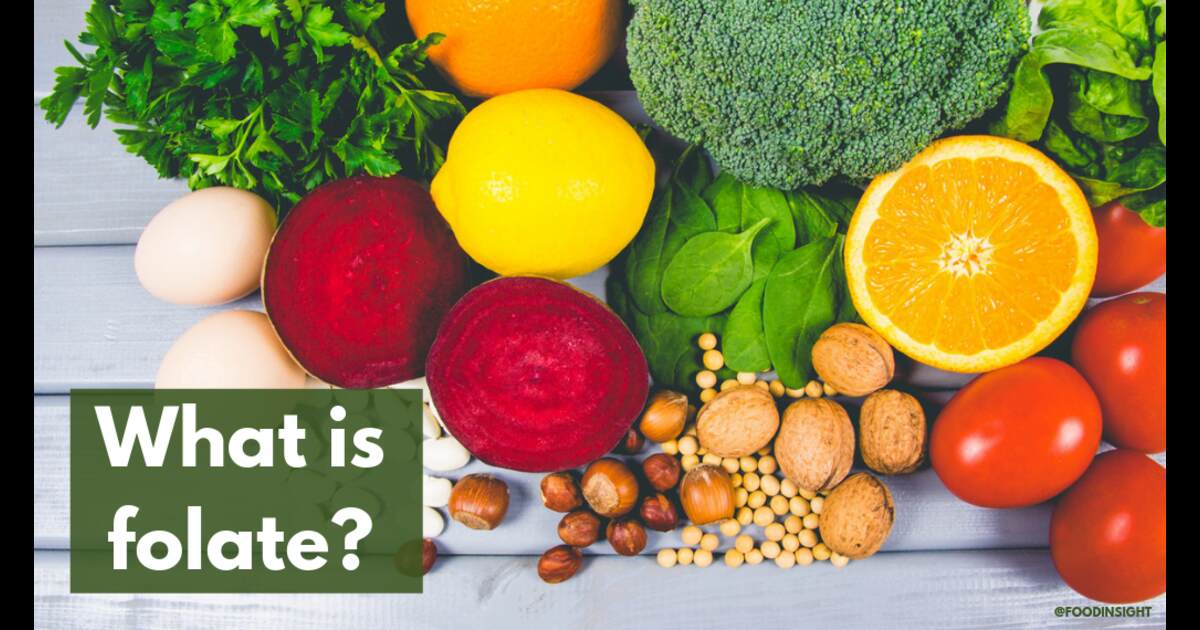Ever wondered about the incredible role folate plays in prenatal care and how it can even contribute to a longer, healthier life? Let’s dive into the fascinating details!
What is Folate?
It is a vital nutrient essential for prenatal care and overall health, boasts a range of benefits extending beyond pregnancy.
Babies born to mothers who receive inadequate prenatal care face higher risks, with a threefold increase in low birth weight and a fivefold rise in mortality rates, as emphasized by the U.S. Department of Health & Human Services Office on Women’s Health.
Prenatal care, a multifaceted approach, encompasses regular checkups, avoidance of harmful substances like smoking and alcohol, and ensuring a nutrient-rich diet. Among the key nutrients prescribed during pregnancy, folate, specifically in the form of folic acid, holds a significant place.
Folate, a water-soluble nutrient, plays a pivotal role in the body’s functioning. Dr. Joel Mason, from Tufts University, underscores its positive impact on digestive health and the prevention of common cancers, such as colon cancer.
Furthermore, folate is crucial in mitigating the risk of cardiovascular disease, infertility, stroke, dementia, and Alzheimer’s disease. It plays a pivotal role in DNA and RNA formation, particularly during rapid cell growth, making it indispensable during pregnancy to prevent birth defects, especially in the development of the baby’s brain and spinal cord.
What sets folate apart is that its synthetic form, folic acid, is more efficiently absorbed than naturally occurring folate in food sources, as noted by Harvard Medical School. Hence, folic acid stands as the preferred recommendation for pregnant women.
A wide array of foods contain folate, with dark green vegetables like spinach being particularly rich sources, as highlighted by Mason. Furthermore, the Centers for Disease Control and Prevention recommends that all women of reproductive age should consume 400 micrograms of folic acid daily. This requirement can be met through supplements or fortified foods, including bread, rice, flour, cereals, and pasta.
In summary, folate, especially in the form of folic acid, is instrumental in prenatal care and general health, with the ability to prevent birth defects and enhance overall well-being.








Leave a Reply
You must be logged in to post a comment.